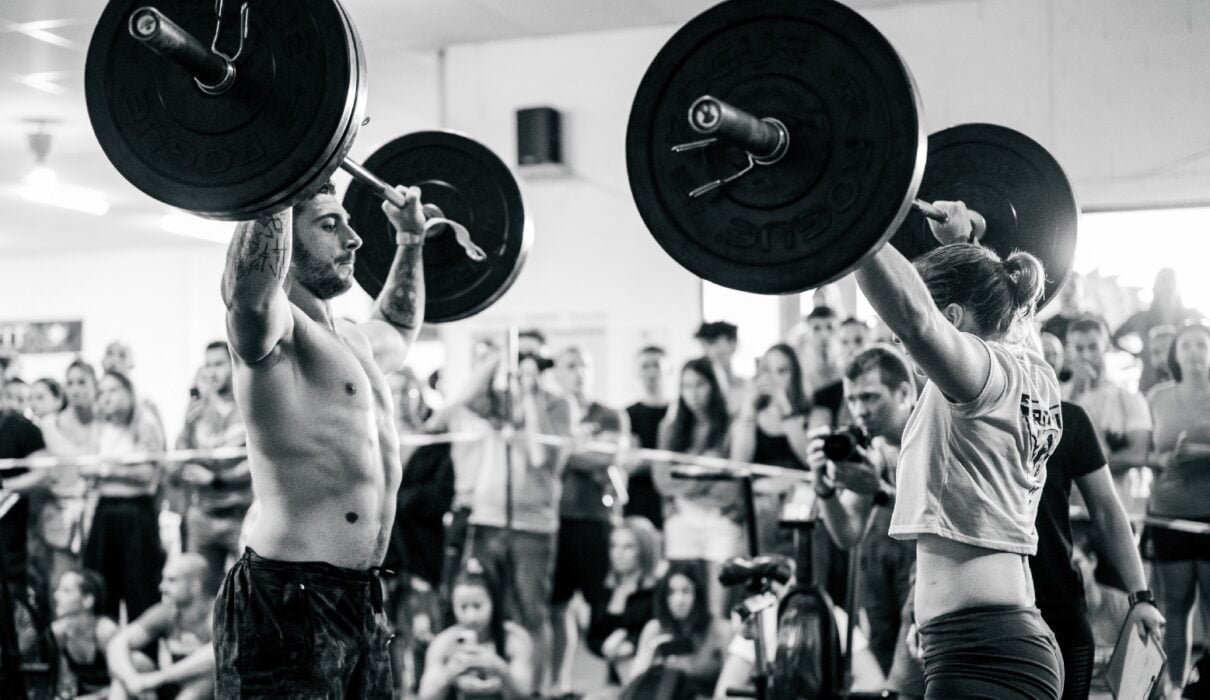Are you more inclined to lift heavier weights than the lighter alternatives? I like to transition towards both since I’ve been doing that for years — and it works. When I began recovering from surgery, my doctor gave me strict orders not to lift a weight that was too heavy too soon, in case I would hinder my recovery and have to take yet another trip to the hospital! Although this makes logical sense, I couldn’t help but feel disappointed with this outcome. I mean, it’s hard enough to maintain, let alone build muscle, significantly if you can’t lift as frequently or heavy as you need to. Could lifting lighter weights help until I get stronger in this instance? New research from McMaster University is challenging this very thing. Researchers recruited two groups of men for the study. All of these men were experienced weight lifters. Over 12 weeks, these men followed a whole-body workout protocol. One of the groups lifted lighter weights (up to 50 per cent of maximum strength). Reps ranged from 20 to 25 per set. The second group lifted heavier weights (up to 90 per cent maximum strength). Reps ranged from 8 to 12 per set. After the 12 weeks, the researcher’s analysed muscle and blood samples. The findings proved that both groups’ muscle strength and size were virtually identical! Both groups tried to activate their muscle fibres to generate force maximally during the point of fatigue. While elite athletes probably won’t attempt this training line, it’s an effective way for us regular folks to get stronger and put on muscle. But, of course, let’s not forget the health and longevity benefits of gaining strength. You can take a break or recover from exercise like I am by lifting lighter weights by adding more repetitions. You won’t compromise your muscle gains or falter due to injury. However, one word of warning will depend on your surgeon’s instructions and your surgery. There is no one-size-fits-all, but you can get away lifting a lighter and making those gains. Before I end this post, this body of research’s critical point is that testosterone and growth hormones were not responsible for these gains. Testosterone and growth hormone is not a driver of muscle growth. That old-fashioned belief has not been proven during this study. More research is needed to delve deeper into this, including the underlying mechanisms at work to make these phenomenal changes.
Please sign up via my link if you want to read more articles like this or start writing your own. I’d love to see you on the other side.???????? Sign up here for your medium subscription. I get a portion of your monthly fee at no extra cost to you, and it will go a long way in supporting me as a writer.
